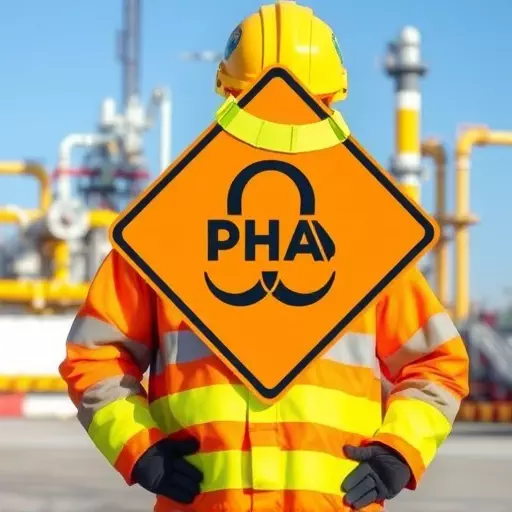Process Safety Management Consulting (PSMC) specializes in identifying and mitigating risks within industrial processes, focusing on enhancing overall process safety. Professionals use robust hazard identification techniques to conduct detailed Process Hazard Analyses (PHAs), which assess various risks associated with complex systems. Based on these analyses, tailored risk management strategies are developed, including safety measures, backup systems, and emergency response plans. PSMC prioritizes process safety by providing valuable insights and best practices, fostering a culture of safety within industrial organizations through process hazard analysis (PHA) and incident investigation systems.
“In the realm of industrial operations, ensuring process safety is paramount. This article delves into Risk-Based Process Safety (RBPS), a game-changer in incident prevention. We explore critical components of Process Safety Management Consulting, offering insights into defining and implementing effective strategies.
Unveiling potential risks through advanced hazard identification techniques, such as FMEA, HAZOP, and FTA, is essential. Additionally, we provide a comprehensive guide to Process Hazard Analysis (PHA), a powerful tool that assesses and mitigates risks, serving as a testament to the importance of proactive process safety measures.”
- Understanding Process Safety Management Consulting
- – Definition and importance in industrial settings
- – Key components of effective process safety management
Understanding Process Safety Management Consulting

Process Safety Management Consulting (PSMC) plays a pivotal role in identifying and mitigating risks within industrial processes, with the ultimate goal of enhancing overall process safety. This specialized consulting service involves a systematic approach to evaluating potential hazards and implementing effective controls. By employing robust hazard identification techniques, PSMC professionals conduct comprehensive Process Hazard Analyses (PHAs) to uncover and assess various risks associated with complex industrial systems.
Through PHAs, consultants meticulously examine process components, operating conditions, and human factors to identify hazardous scenarios. This in-depth analysis enables the development of tailored risk management strategies, including the implementation of safety measures, backup systems, and emergency response plans. PSMC ensures that organizations prioritize process safety by providing valuable insights, recommendations, and best practices, ultimately contributing to a culture of safety within the industrial landscape.
– Definition and importance in industrial settings

Process Safety Management (PSM) is a critical aspect of industrial operations, focusing on minimizing risks associated with chemical processes and ensuring the well-being of workers and the environment. Within this framework, Risk-Based Process Safety (RBPS) stands out as a comprehensive approach that prioritizes hazard identification and risk assessment to prevent incidents. This method involves a systematic analysis of processes using various hazard identification techniques, such as process hazard analysis (PHA), to uncover potential risks and implement effective mitigation strategies.
In industrial settings, RBPS is essential for identifying vulnerabilities in complex chemical processes. By employing PHA, consulting experts can thoroughly evaluate every step of a process, considering human errors, equipment failures, and other critical factors. This proactive approach allows for the development of robust safety protocols, emergency response plans, and design modifications to minimize the likelihood and impact of incidents. Ultimately, RBPS empowers industries to maintain high standards of process safety while optimizing their operations.
– Key components of effective process safety management

Effective process safety management hinges on a comprehensive approach that integrates various key components. Among these, hazard identification techniques stand out as foundational. These methods, which include Process Hazard Analysis (PHA) and other risk-assessment tools, play a crucial role in uncovering potential hazards within industrial processes. By systematically evaluating each step of a process, PHA enables organizations to identify risks, assess their likelihood and consequences, and implement targeted mitigation strategies.
Complementing hazard identification is the implementation of robust systems for incident investigation. This involves meticulously documenting and analyzing past incidents to understand root causes, identify patterns, and develop preventive measures. A well-structured incident investigation process not only helps in improving existing safety protocols but also serves as a valuable learning tool for future risk management efforts, fostering a culture of continuous improvement in process safety management consulting.


